It is tempting to take an enormous amount of stuff with you when you go overseas to teach but there are many reasons to not do this.
- You don’t want to carry a large suitcase with you when you travel.
- It’s better to see what the school has and what the school needs before you go and buy things.
- Things are usually much cheaper abroad than in the UK.
- More importantly, buying things when you are away contributes to the local economy.
So what can you buy while you are on project?
- Stationery will always be available in-country (pens, paper, staplers, glue, etc).
- If the dictionary is for you then get it in the UK… if you plan to leave it behind it can be better to get dual language dictionaries whilst abroad.
- Most big cities will have a big enough book shop to get lots of specialist texts but smaller towns usually still have bookshops with English language novels and children’s books.
- Even small towns have ‘communication shops’ these days that have printers and photocopiers so if you could take any worksheets etc. out on a USB memory stick and print / photocopy it all locally and cheaply.
- You can also access to the internet (albeit very slow access) from most towns now too so you can hunt for those worksheets while you’re over there too.
- If you’re fond of laminating everything it can be useful to take out a roll of the peel-and-stick stuff but it is usually available (with some hunting) and it’s really heavy so it’s probably worth gambling on finding it locally in-country.
What can’t you buy while you are on project?
- Some bookshops will have educational CDs, DVDs and audio tapes but the selection can be very limited and it might be easier to bring these from the UK if you plan to use them. You will certainly get a wider selection in the UK (or online in the UK) too.
- Educational games and other board games that can be used or adapted for English teaching are probably easier to get at home.
Here are some things that a recent volunteer in India bought from an art supply shop in Trivandrum in Kerala :
Plain copier paper, exercise books, Collins Dictionary, balls, clips, pegs, post-it notes, sticky tape, marker pens, glue, scissors, resource magazines, posters, activity booklets, coloured card, stickers, Alphabet stencils, rulers, crayons, pastels and good old reliable chalk…


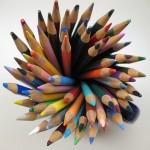
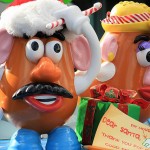
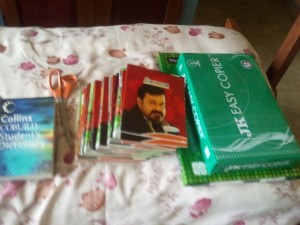
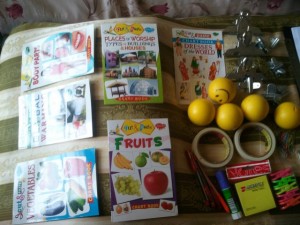
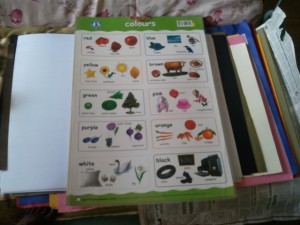
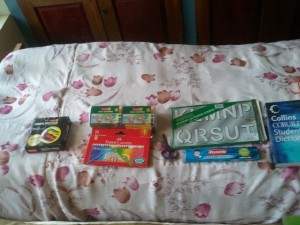
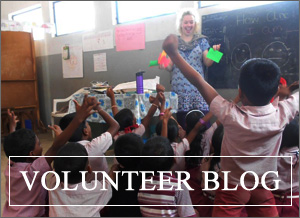

Comments are closed.